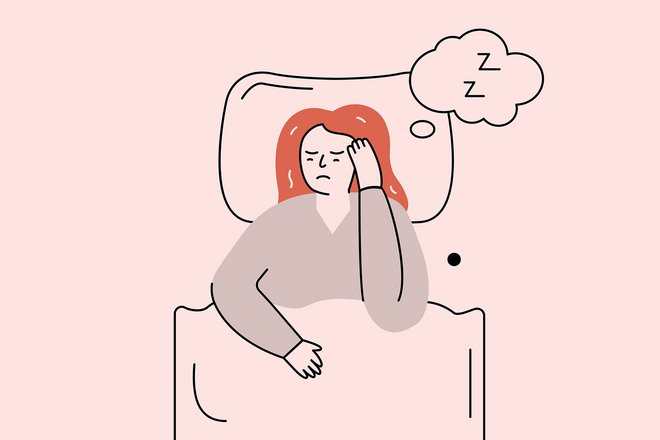Diabetic polyneuropathy is a widespread secondary complication of diabetes. Approximately one out of three patients with type 1 or type 2 diabetes is affected by the serious nerve disorder. Diabetic neuropathy is triggered by processes which develop as a result of the permanently elevated blood sugar level: Blood vessels and nerves are affected and damaged by harmful glucose metabolites. The consequences include feelings of numbness, abnormal sensations ranging from tingling to pain, and motor disorders of the limbs. The progression of polyneuropathy can lead to complications and even to the loss of limbs. Here you will learn about the crucial role played by the right diet and compensation of vitamin B1 deficiency and how existing polyneuropathy can be treated.
Polyneuropathy and vitamin B1 – why diabetics should be vigilant against a vitamin B1 deficiency
![[Translate to English:] [Translate to English:]](/fileadmin/_processed_/7/4/csm_bowl_b551c45e8a.jpg)
What is vitamin B1 and what are its functions?
Vitamin B1 fulfills important functions in our body in carbohydrate metabolism. It helps break down carbohydrates ingested with food and convert them into energy. In addition, vitamin B1 affects the release of certain messengers, among others, and thus performs important tasks in the proper functioning of the nervous system.
Since vitamin B1 can be stored in the body only for a few weeks, it should be consumed daily in food. Vitamin B1 is needed for the breakdown of glucose – thus if a particularly large amount of carbohydrates needs to be metabolized, there may briefly be an increased need for vitamin B1. This can also occur in diabetes patients in a hyperglycemic state. The correspondingly higher vitamin B1 need can often not be covered by the “normal” daily intake of 1 to 1.3 mg as recommended by the German Nutrition Society (DGE) for healthy adults.
Diabetics belong to the vitamin B1 deficiency high-risk group
Even with a balanced diet, there are certain factors which can promote a vitamin B1 deficiency. Substances such as alcohol, coffee, or black tea can inhibit the absorption and/or use of vitamin B1 when they are consumed regularly or in large quantities. But metabolic diseases such as diabetes may also be responsible for a thiamine deficiency. One scientific study shows that diabetics frequently struggle with low vitamin B1 levels. The cause of this is the increased need due to the disrupted glucose metabolism on the one hand, but also the increased excretion of the water-soluble vitamin via the kidneys. Because of these sources of risk, diabetics are affected particularly frequently by vitamin B1 deficiency and its serious consequences and should therefore take effective preventive measures.

Effectively treat diabetic polyneuropathy due to a vitamin B1 deficiency
If diabetic polyneuropathy due to a vitamin B1 deficiency has already appeared, the progression of the disease can be counteracted. Effectively treating existing diabetic polyneuropathy is not an easy task. A lasting improvement in nerve function and an associated improvement in quality of life can only be achieved with determined cooperation by the patient. This frequently requires a lifestyle change and elimination of bad habits.
This includes more exercise and an appropriate diet, helps improving awareness of the body and counteract deficiencies such as gait unsteadiness as well as supports the loss of excess body weight, if applicable. The nerve toxins nicotine and alcohol should ideally be completely avoided. It is also advisable to effectively correct an existing vitamin B1 deficiency.
Wörwag Pharma GmbH & Co. KG - The range of information provided in www.woerwagpharma.de about personal health is exclusively for your information and in no way replaces a personal consultation, examination or diagnosis by a licensed physician. The contents made available on www.woerwagpharma.de cannot and may not be used for establishing diagnoses and/or taking medication on your own. Please also pay attention to the exclusion of liability and our indications to the image rights.